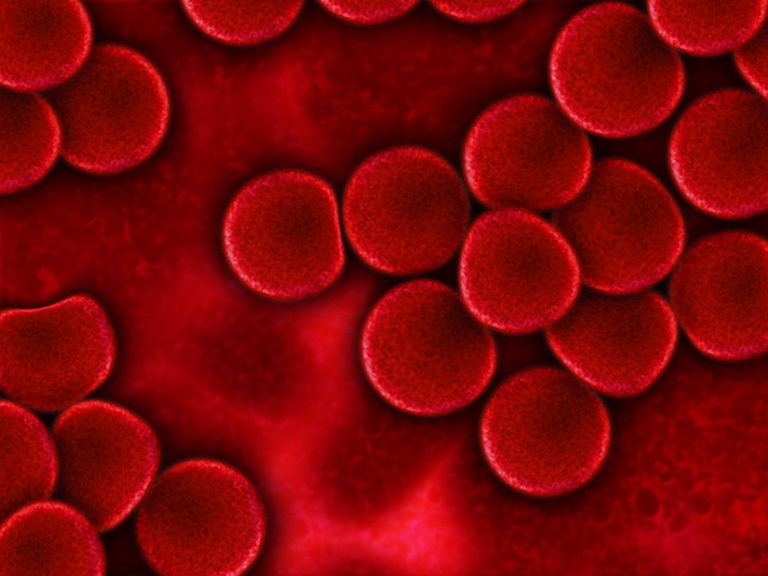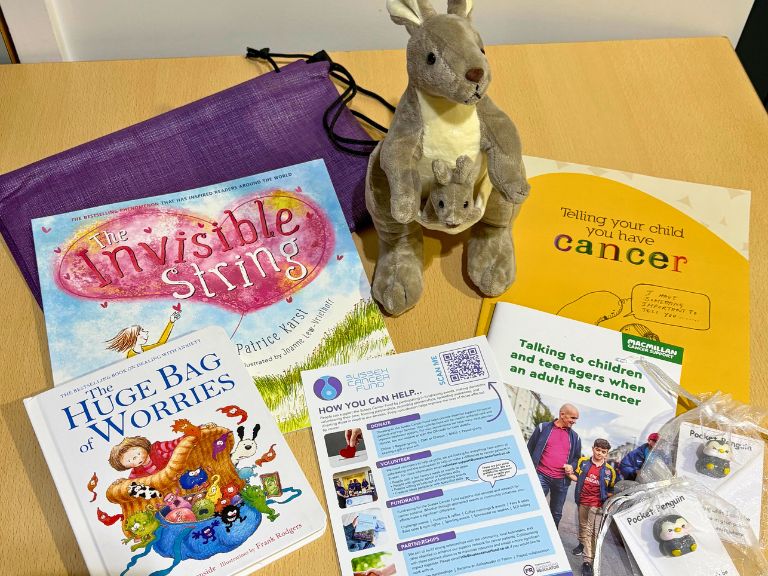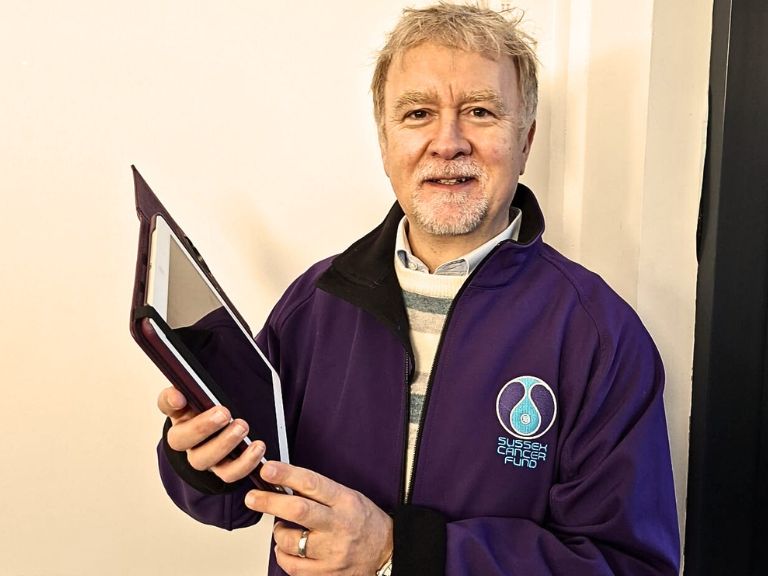 The Sussex Cancer Fund is supporting Dr. Hyun Park’s project to help treat Acute Myeloid Leukaemia (AML). Dr. Park is working with Prof. Timothy Chevassut and Dr. Rhys Morgan to find new ways to treat AML patients with DNMT3A mutations. The Sussex Cancer Fund is committed to advancing the treatment options for AML through this important project and it is exciting to hear the progress so far.
The Sussex Cancer Fund is supporting Dr. Hyun Park’s project to help treat Acute Myeloid Leukaemia (AML). Dr. Park is working with Prof. Timothy Chevassut and Dr. Rhys Morgan to find new ways to treat AML patients with DNMT3A mutations. The Sussex Cancer Fund is committed to advancing the treatment options for AML through this important project and it is exciting to hear the progress so far.
The Project
The project focuses on a special gene called DNMT3A, which plays a big role in a process called methylation and helps control how genes work. DNMT3A is found a lot in Acute Myeloid Leukaemia (AML), and cells with this gene mutation can be there even before AML shows up. This makes it a key starting mutation, and more mutations can happen later, leading to leukaemia. Since DNMT3A is linked to a not-so-good outlook for patients, it’s a good target for treatment. The project wants to build on earlier work from Professor Tim Chevassut’s lab, where they found potential compounds that could be helpful in treating AML. In the beginning, the team will use viruses to recreate the DNMT3A mutations seen in AML cell lines. After that, they’ll check how well the potential compounds work. The team also aims to learn more about the signaling pathways related to DNMT3A mutations that might contribute to the formation of cancer.
For more detailed insights into the project see our previous post.
Progress Update:
Let’s look at what Dr. Park has been working on recently and see how far he has come in his research.
Key Achievements:
Optimised Techniques: Dr. Park’s team successfully fine-tuned Western Blotting, a crucial analytical tool for assessing DNMT3A and PLK1 levels in leukaemic cell lines, setting the groundwork for their study.
Dose Response Analysis: The team meticulously determined the dose response of various cell lines to the PLK1 inhibitor, BI 2536, establishing the optimal range for inducing maximum cell death.
Lentiviral Transduction: To mirror DNMT3A mutations seen in patients, the team employed lentiviral transduction, a method aimed at reducing overall DNMT3A levels in cells, laying the foundation for subsequent investigations.
Alternative Pathway Exploration: Although initial results showed promise, the team has shifted focus to explore alternative methods through the Wnt/β-catenin pathway, building on encouraging preliminary data.
Even though Dr. Park’s team faced challenges in their research, they are determined to find solutions for AML. The Sussex Cancer Fund is excited about the progress and appreciates Dr. Hyun Park’s dedication to learning more about AML.
Support the Cause:
The Sussex Cancer Fund cares a lot about projects like Dr. Park’s, helping in the fight against cancer. If you want to join in and support efforts like these, you can make a donation today. Together, we can make a real difference in the lives of those dealing with cancer.
Thank you for your ongoing support.


